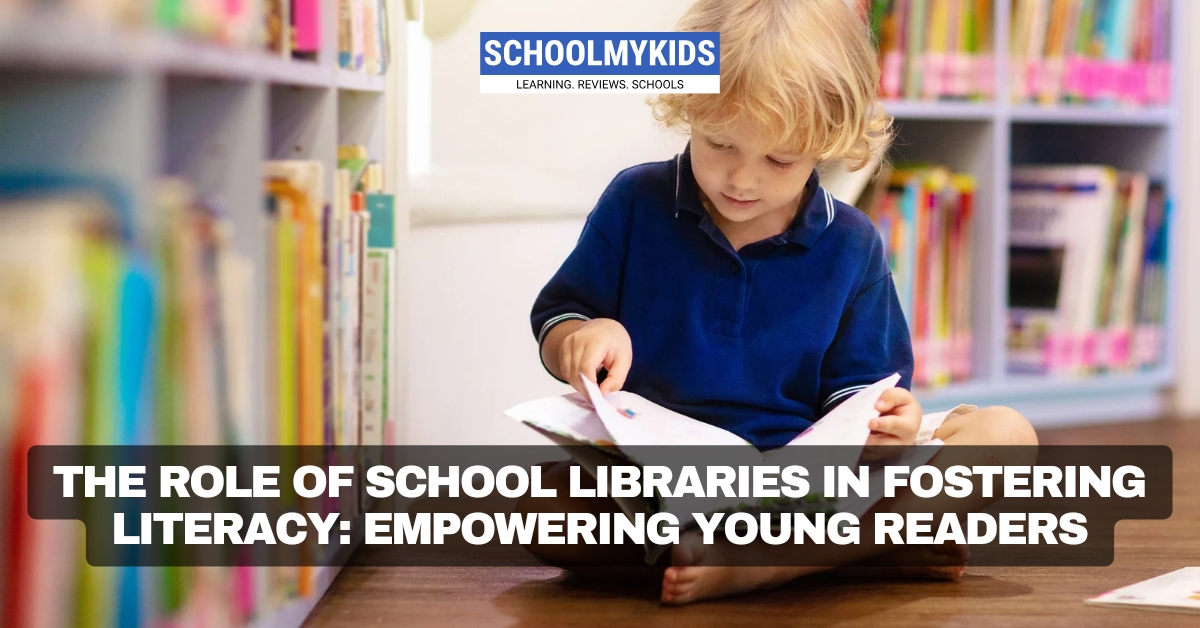School libraries have long been seen as essential components of a well-rounded education. But their role extends far beyond simply housing books. In today's digital age, school libraries are evolving to become vibrant learning hubs, fostering literacy in innovative and engaging ways.
Beyond Books: A Modern Approach
Gone are the days when school libraries were merely repositories of dusty tomes. Modern libraries are equipped with computers, tablets, and other technological tools that enable students to explore information in various formats. Digital resources, like e-books, audiobooks, and online databases, provide students with access to a vast array of knowledge and information.
Moreover, school libraries are increasingly becoming collaborative spaces where students collaborate on projects, share ideas, and develop critical thinking skills. Librarians are no longer simply gatekeepers of knowledge but rather facilitators of learning, guiding students on their educational journeys.
Developing a Love of Reading
One of the most important roles of school libraries is developing a love of reading in students. By providing a diverse collection of books, librarians can expose students to different genres, authors, and perspectives. This can broaden students' horizons and foster a lifelong appreciation for literature.
School libraries can also organize reading clubs, book talks, and author visits to encourage students to engage with books on a deeper level. These activities can help to make reading more enjoyable and meaningful for students.
Developing Digital Literacy Skills
In today's technology-driven world, students need to develop strong digital literacy skills. School libraries play an important role in helping students become proficient users of technology. By providing access to digital tools, libraries can help students learn how to find, evaluate, and use information effectively.
Additionally, librarians can teach students how to operate online databases, search engines, and other essential digital resources. This can help students become independent learners who can access and utilize information from a variety of sources.
Promoting Critical Thinking and Problem-Solving
School libraries can also help to promote critical thinking and problem-solving skills. By providing access to various information sources, libraries can encourage students to analyze and evaluate information critically, helping them develop the ability to think critically and make informed decisions.
Moreover, libraries can organize activities that encourage students to use their knowledge and skills to solve real-world problems. For example, students might be asked to research a topic and present their findings to the class, or they might be challenged to solve a problem using the library's resources.
Providing a Safe and Supportive Environment
In addition to their educational role, school libraries also serve as safe and supportive environments for students. Libraries provide students with a place to relax, socialize, and feel a sense of belonging. This can be particularly important for students who may be struggling academically or socially.
By creating a welcoming and inclusive atmosphere, school libraries can help students feel more connected to their school community and more motivated to learn.
The Future of School Libraries
As technology develops, the role of school libraries will likely change. However, one thing remains apparent: school libraries will continue to play an integral role in promoting literacy and learning. By providing students with access to various resources and opportunities, libraries can help to prepare students for success in school and beyond.
In conclusion, school libraries are essential components of a well-rounded education. By cultivating a love of reading, developing digital literacy skills, promoting critical thinking and problem-solving, and providing a safe and supportive environment, libraries can help students become lifelong learners and successful individuals.









Be the first one to comment on this story.